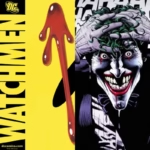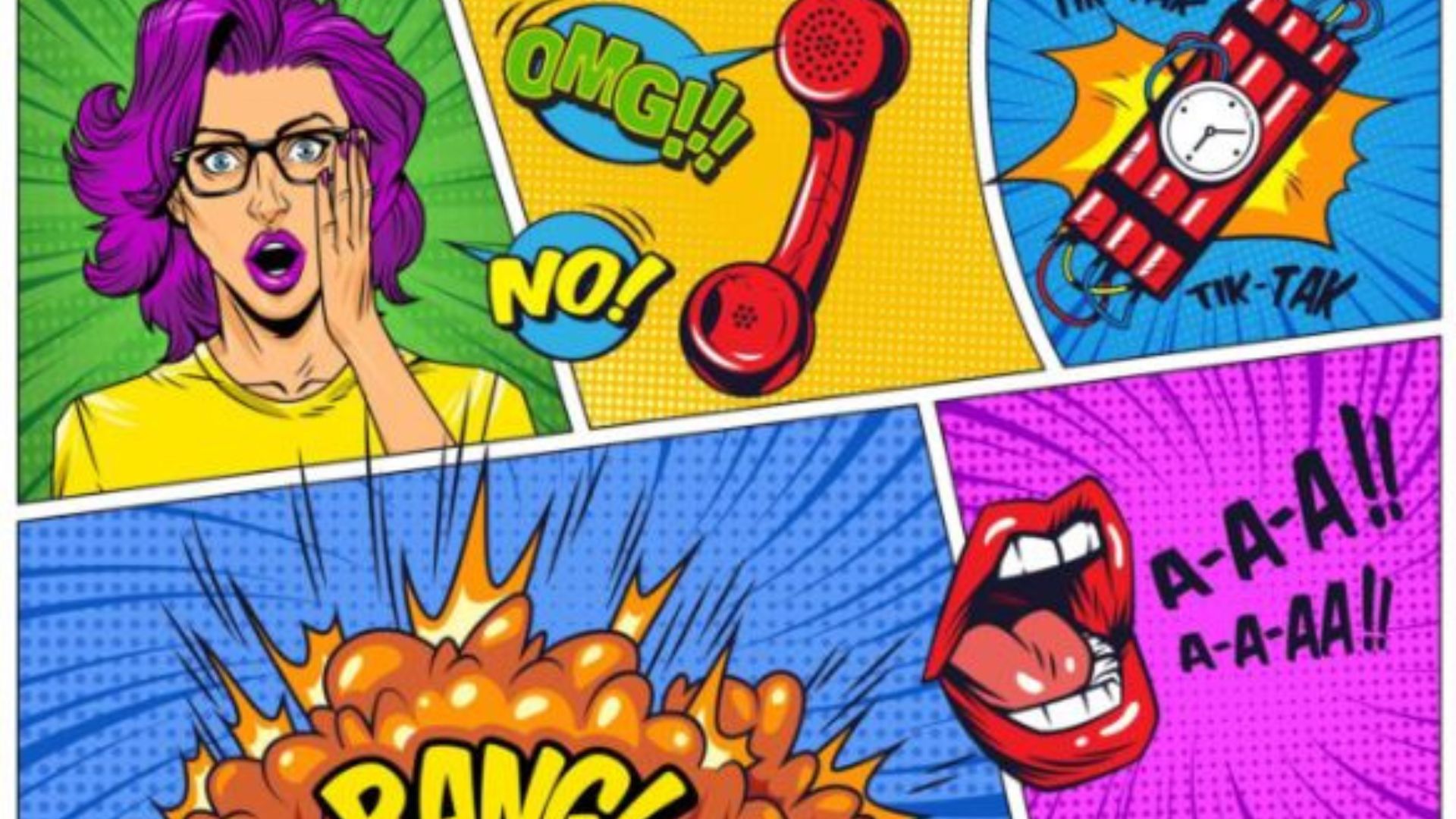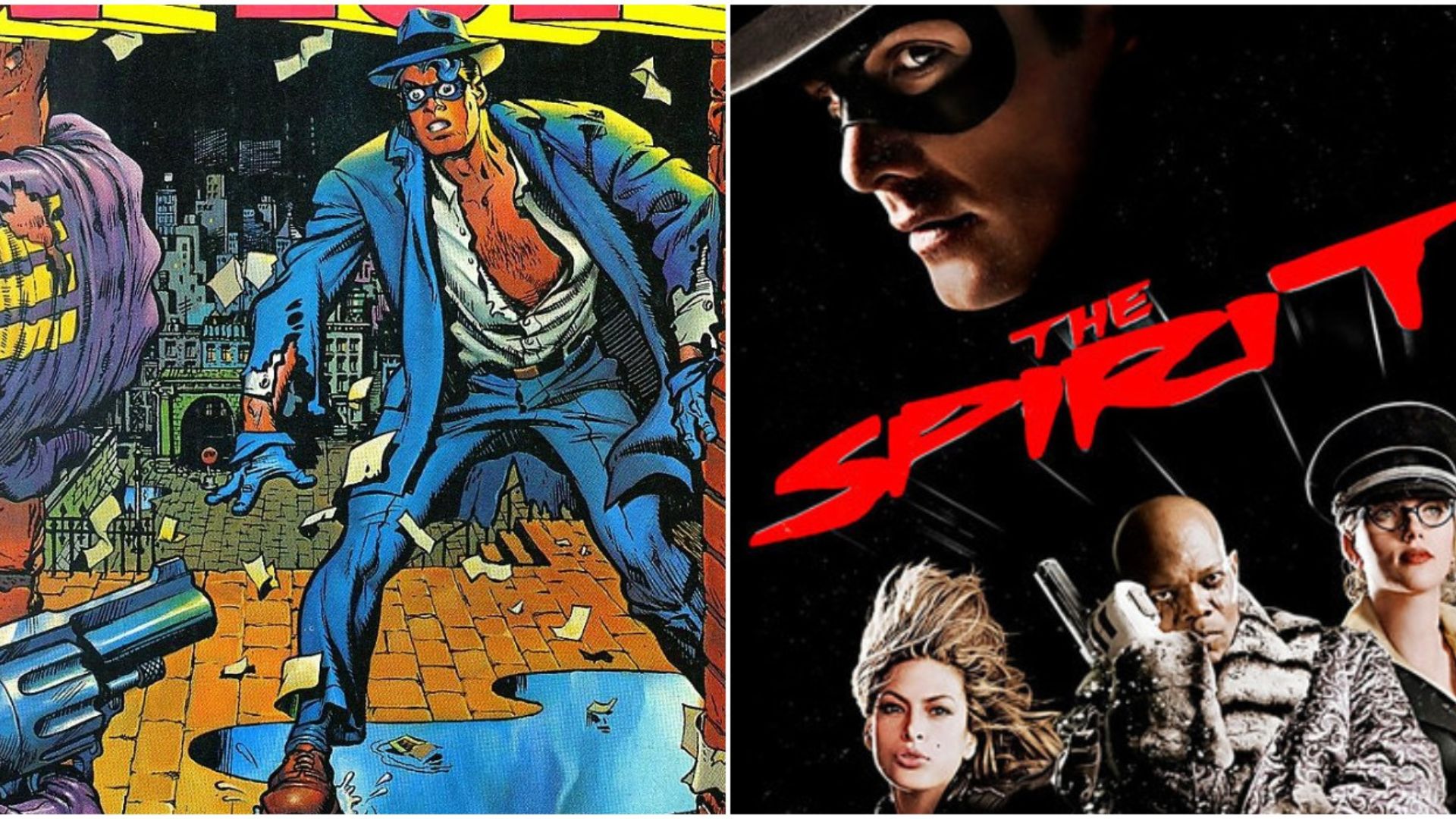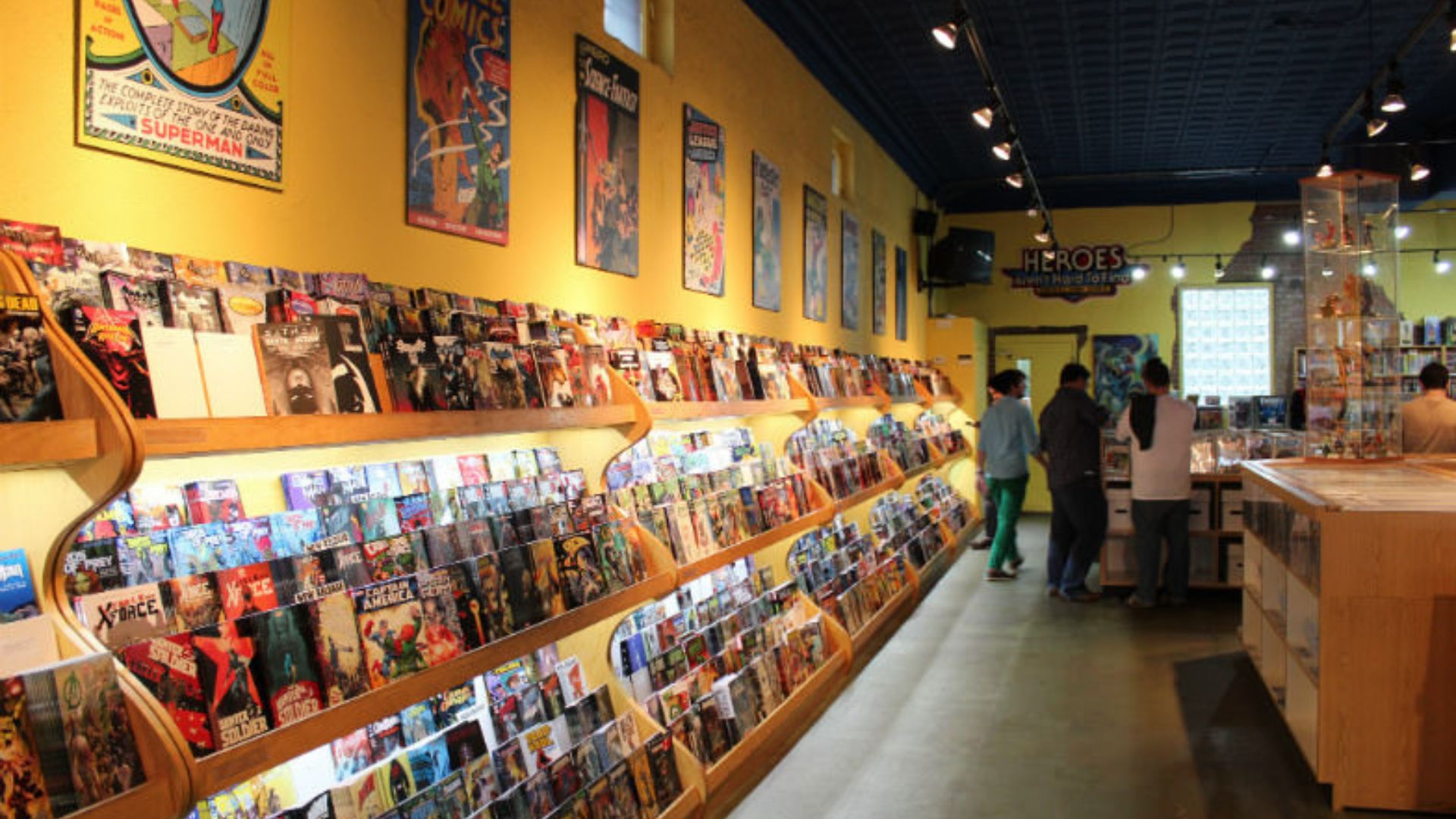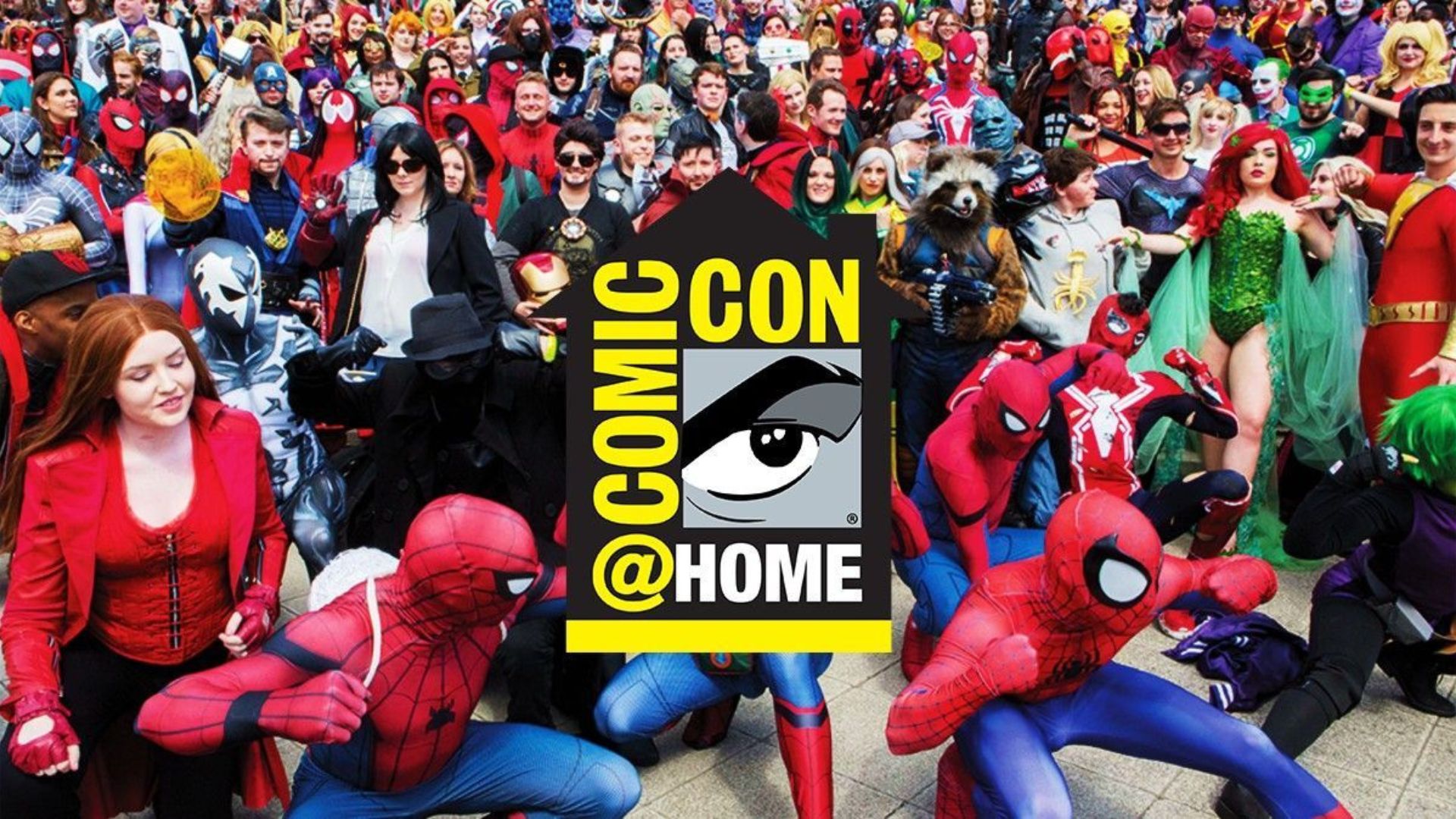Comic books are no longer just for fans who enjoy reading about superheroes and villains. Over the years, they have evolved into a massive cultural force. From movies to TV shows, comic books have had a profound influence on pop culture. Today, comic book stories shape everything from fashion trends to social issues. This shift has turned once niche interests into mainstream entertainment. In this article, we will explore how comic books are changing pop culture in exciting new ways.
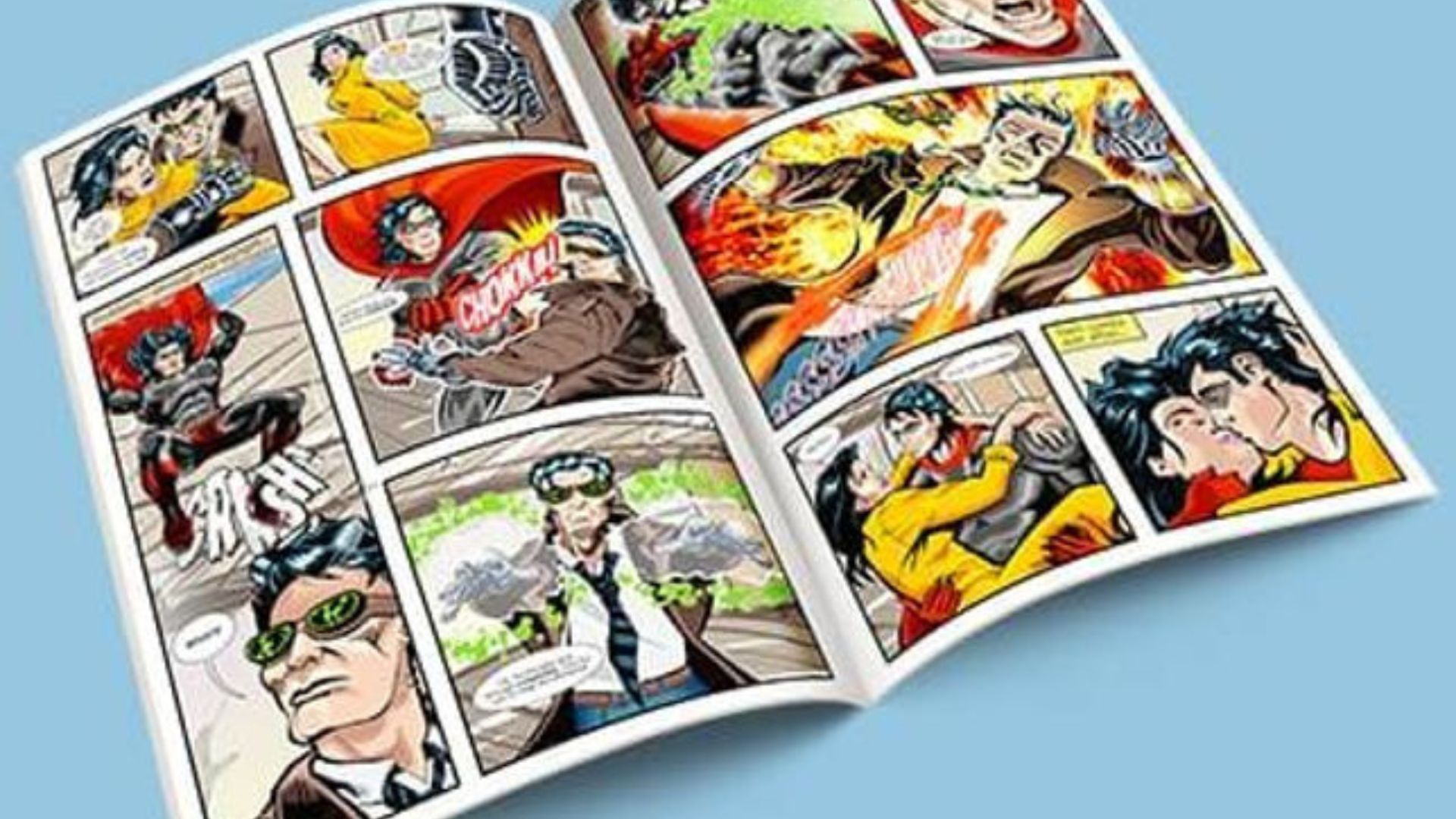
1. Superhero Movies and TV Shows Dominate the Entertainment Industry
The rise of superhero movies and TV shows has had a major impact on pop culture. Studios like Marvel and DC have turned comic book heroes into household names. The success of movies like The Avengers, Wonder Woman, and Black Panther has solidified the importance of comic book adaptations in the entertainment industry.
- Why It Matters: These adaptations have brought comic book characters into the global spotlight. The interconnected universes, elaborate storylines, and diverse characters are now key elements of mainstream entertainment.
- Discussion Points: How do superhero movies reflect current social issues? Why do comic book movies appeal to such a wide audience?
2. Comic Book Characters Are Fashion Icons
Comic book characters, especially superheroes, have transcended the pages of their comics to become fashion icons. From graphic tees to high-end designer collaborations, comic book imagery is everywhere. Brands and designers are tapping into the colorful and bold aesthetic of comic books to appeal to a younger, trend-conscious audience.
- Why It Matters: The presence of comic book-inspired fashion in everyday life shows how deeply these characters have integrated into popular culture. People wear superhero logos and character designs to express personal style and identity.
- Discussion Points: How has comic book fashion changed over the years? What does it mean for a superhero to be a fashion icon?
3. Comic Books Are Shaping Social Conversations
Comic books have long been a platform for discussing social issues, and today, they continue to influence how we talk about race, gender, and politics. Characters like Black Panther and Ms. Marvel tackle important topics such as representation, identity, and empowerment. Through these stories, readers are challenged to think about the world in new ways.
- Why It Matters: Comic books provide a space to address complex issues in a way that is accessible to a wide audience. The messages often resonate with people of all ages, making them powerful tools for social change.
- Discussion Points: How do comic book stories reflect societal values? Can comic books be used to address real-world issues effectively?
4. Comic Book Conventions: A Global Phenomenon
Comic conventions, such as San Diego Comic-Con, have become major events in the pop culture calendar. These conventions attract millions of fans from around the world who gather to celebrate comic books, movies, TV shows, and video games. The excitement surrounding these events has made them significant cultural happenings.
- Why It Matters: Comic conventions celebrate the diversity of comic book fans and showcase the deep connection between comics and other entertainment forms. These events have become hubs for new announcements and exclusive content.
- Discussion Points: How have conventions helped promote comic books as a cultural force? What is the significance of cosplay in these events?
5. Graphic Novels Are Gaining Literary Recognition
While traditional comic books were often dismissed as “low art,” graphic novels are now gaining recognition as a legitimate form of literature. Works like Maus, Persepolis, and Fun Home have earned critical acclaim and have even won prestigious literary awards.
- Why It Matters: Graphic novels are showing that comics can tackle complex themes, tell deep stories, and resonate with readers of all ages. This shift is helping to elevate the medium and change the perception of comic books in mainstream culture.
- Discussion Points: How has the rise of graphic novels changed the perception of comics? What makes graphic novels a powerful storytelling tool?
6. Comic Books Inspire Video Games and Other Media
Comic books are not only influencing movies and TV but also video games, books, and even live theater. Games like Spider-Man and Batman: Arkham Asylum are based on comic book stories and characters, giving fans new ways to engage with their favorite heroes.
- Why It Matters: The integration of comic book characters into various media platforms expands their reach and impact. Video games allow fans to step into their favorite stories and interact with characters in ways they never could before.
- Discussion Points: How has the expansion into other media changed the way comic book characters are perceived? What is the impact of interactive storytelling through video games?
7. Comic Books Are a Gateway to Other Genres
Many readers who start with superhero comics eventually explore other genres, including horror, fantasy, and science fiction. As comic books grow in diversity, they serve as gateways to a variety of storytelling styles and themes.
- Why It Matters: This diversity means that comic books are no longer limited to a single genre. They are now a medium for a wide range of storytelling, appealing to different tastes and interests.
- Discussion Points: How has the evolution of comic books allowed for greater diversity in storytelling? What does this mean for the future of the comic book industry?
Conclusion
Comic books are no longer just a niche hobby. They have become a cornerstone of modern pop culture, influencing everything from movies and TV shows to fashion, social conversations, and even video games. As comic book stories continue to evolve and expand, their influence on the world will only grow. Whether it’s through the superhero films that dominate the box office, the graphic novels that earn literary praise, or the vibrant fan communities that thrive at conventions, comic books are an essential part of today’s cultural landscape. As we look ahead, it’s clear that comic books will continue to shape and redefine pop culture in exciting new ways.


